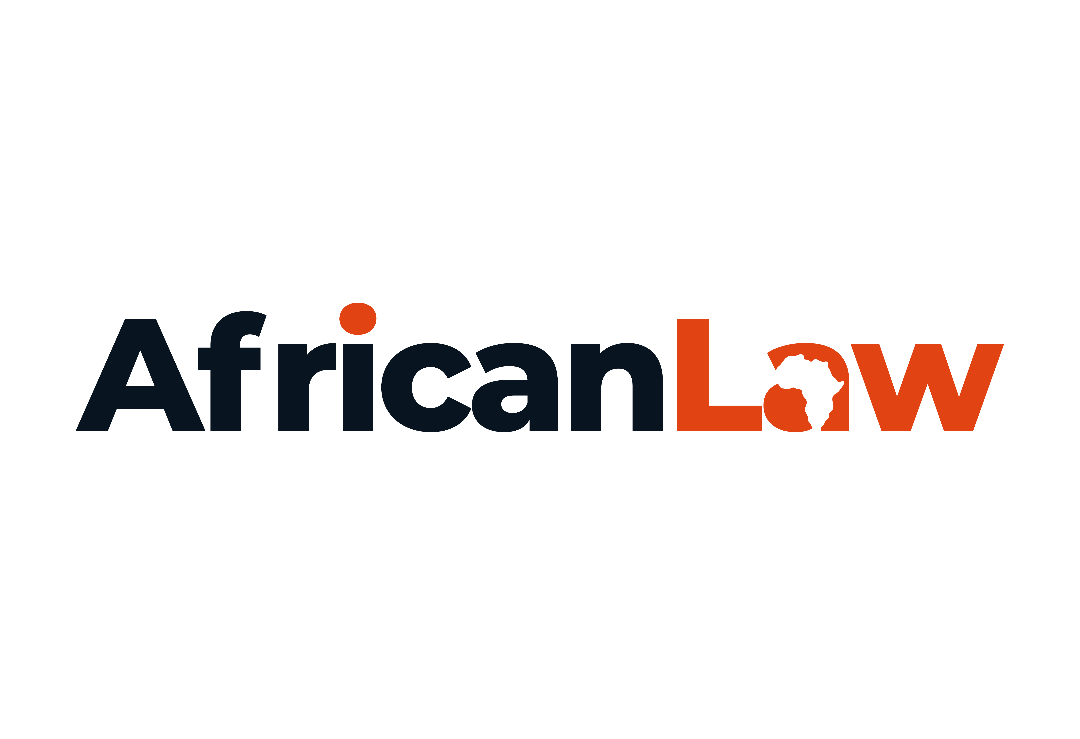The very mention of Africa usually comes with countless misconceptions, be it size, languages, life on the continent or the ease of doing business here. With limited knowledge and experience, the continent can surely be confusing or simply viewed and perceived wrongly. In this article, I look at some of the common misconceptions when it comes to doing business on the continent with a particular focus on intellectual property rights protection.
Misconception #1 - Africa is not big enough
Big is not the correct word actually, Africa is huge! Africa holds 55 countries (African Union, 2022) with a total population of more than 1.4 billion people. We are looking at more than 16% of the world population. This makes Africa the world's second-largest and second-most populous continent, after Asia respectively. Moreover, 60% of Africa’s population is under the age of 25, making Africa the world’s youngest continent. In short, Africa is a 1.2 billion–person market on the cusp of significant transformative growth. It is already host to more big companies than you can imagine—with room for many more as the world eyes the entrepreneurial energy pulsing throughout the continent. Doing business in such a large market comes with the need for solid intellectual property protection and management across the continent. This takes us to our second misconception.
Misconception #2 - Language, translations and documents
For a continent as big as Africa, one would be forgiven for assuming that there will be requirements for numerous translations to suit different jurisdictions. However, the opposite is actually true as multiple translations are not necessary when it comes to IP filings. There are four main working languages, that is, English, French, Arabic and Portuguese. With the African Regional Intellectual Property Organisation (ARIPO) and Organisation Africaine de la Propriété Intellectuelle (OAPI) using English and French respectively, one already has coverage of 29 countries (trademarks) and 36 countries (patents). When it comes to documents like the power of attorney (POA), most countries require a simply signed copy without notarisation or legalisation, with an exception of a handful of countries requiring legalisation.
Misconception #3 - Protecting IP across the continent is expensive!
Normally, direct filings in multiple jurisdictions have proven to be restrictive in terms of costs. Similarly, clients seem to have a misconception that the same applies to Africa and protecting IP on the continent will mean numerous filings in multiple jurisdictions. This would surely be cost-ineffective. I have already mentioned the two regional bodies above, ARIPO and OAPI. These two organisations have a membership of 38 countries, that’s almost 70% of the continent. Besides simplifying the process, ARIPO and OAPI make it cost effective to protect IP in Africa.
Misconception #4 - Complicated and impossible to enforce IP rights
This misconception is far-fetched! I will however admit that enforcement of intellectual property rights across the continent is not a simple feat. Although the systems are far from perfect, rights holders can still enjoy solid enforcement of their IP through various protective mechanisms that have proven to be very effective.
Resident lawyers and law firms in Africa are the core of an effective intellectual property rights enforcement strategy. It is always advisable for rights holders to surround themselves with jurisdiction-specific professionals to help them navigate the continent. Resident professionals are the solution when it comes to crafting the best possible strategies aligned with client expectations and budgets.
Misconception #5 - Africa is not worth it
Limited understanding of the African IP landscape has also seen clients not fully trusting the continent’s IP systems and how they work. Africa is the next frontier of growth.It will be foolhardy for right holders to ignore this market and its potential!
The IP landscape has hugely evolved in recent years with numerous collaborations among various local, regional and international stakeholders. Some African countries now boast of functional intellectual property units in institutions like the police and customs. The push towards increased capacity building continues and these efforts have resulted in improved levels of not just IP awareness but appreciation too. Having said that, Africa is so worth it and any business or right holder can ignore the continent at their own detriment.
Conclusion
Like I mentioned in the beginning of this article, the continent can surely be confusing or simply viewed and perceived wrongly when one has limited knowledge and experience about it. When it comes to figuring the African IP landscape, you can bet on AfricanLaw to get things done!

















